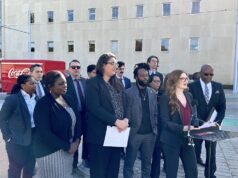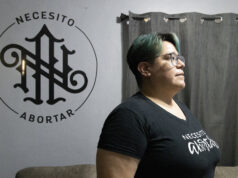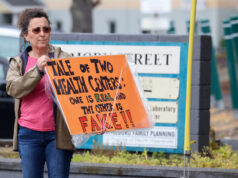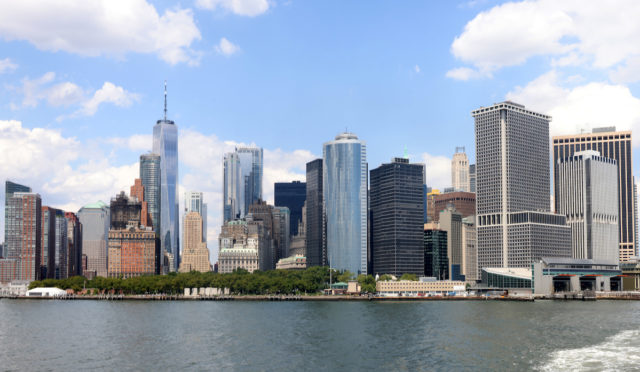
(Editor’s note: This article is part of “In Pursuit,” an investigation into police reform and accountability in America, produced by the Carnegie-Knight News21 program. For more stories, visit inpursuit.news21.com.)
By Sarah Emily Baum & Henry Bredemeier | News21
PHOENIX — In the wake of protests sparked by the murder of George Floyd in 2020, a record number of cities have created or revamped civilian review boards to provide accountability for police misconduct.
During 2020 and 2021, 25 major U.S. cities launched civilian oversight agencies — more than were created in the five preceding years combined, according to a University of Chicago study.
The study found that more cities are adopting “multitiered, multifunctional oversight systems,” and many have expanded the power and authority of these bodies. According to the study, 71 of the top 100 most populous U.S. cities have some form of a civilian oversight board.
“Every community has its own history with law enforcement when looking at oversight structure, and there has to be work with all the stakeholders so it’s done with, instead of to, the community,” said Cameron McEllhiney, training and education director for the nonprofit National Association for Civilian Oversight of Law Enforcement.
The hyperlocal nature of civilian oversight can make it thrive, she said, but it also means evaluating the success of any such agency can be a challenge.
“Measuring efficacy is the million-dollar question,” McEllhiney said.
Designed to increase civilian influence over police functions and operations, these oversight groups vary in power, influence and resources, experts say. A handful can subpoena witnesses, others can only make recommendations for disciplinary measures, which police administrators can choose not to follow. Some take a broad look at policy, while others have investigatory powers.
Supporters say the best oversight boards can deliver accountability and increase the public’s understanding of police. But law enforcement officials often are wary.
“There is resistance by police officers or law enforcement because of their concerns that review boards don’t have much understanding of what they’re up against, the quick decisions they need to make with limited time and a real feel for the day-to-day encounters on the street,” said Tim Dimoff, a security consultant near Akron, Ohio, who has worked with such boards.
Others contend that too many oversight boards lack real power and deliver nothing more than a placebo of public reassurance.
In Raleigh, North Carolina, Black Lives Matter activists blasted civilian-oversight efforts as “facades for accountability” because state law prohibited subpoena powers and did not give the oversight boards say in the discipline of officers. Utah lawmakers banned civilian oversight bodies from having authority over police department decisions. Newark, New Jersey, sought to establish a civilian review board but was stymied by a police union lawsuit, in which the state court ruling limited the board’s powers.
“If the only reason or even the primary reason to get involved in civilian oversight was the outcome of cases, I would not be doing this work,” said Roger Smith, director of Phoenix’s Office of Accountability and Transparency, which is charged with monitoring police misconduct. “It’s way too depressing on that front. But the great benefit of it is that it empowers the community to get involved in the process of shaping their policing in the future.”
Review boards in Vermont, New York and Phoenix provide a look at different models for civilian oversight boards and the controversies that accompany them.
Bennington, Vermont — The Neighbors
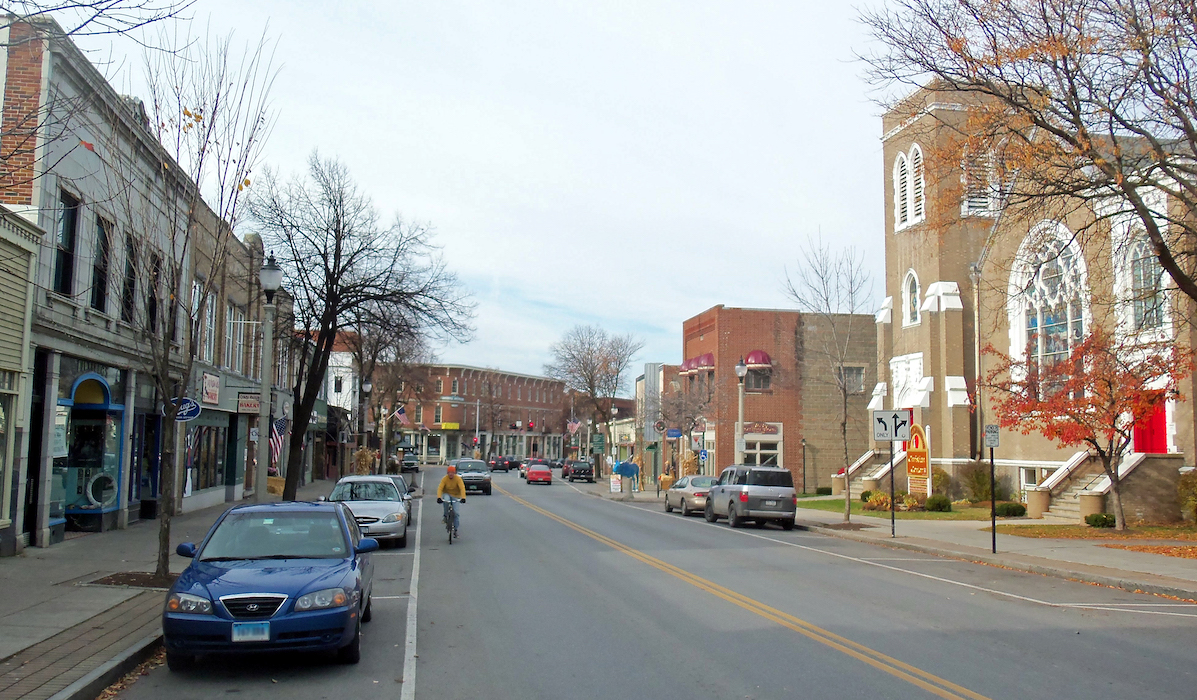
Why it was established: Police “practices have sown deep mistrust” between Bennington’s residents its police force, according to a 2022 report by the International Association of Chiefs of Police that led the town to launch the Community Policing Advisory Review Board in March.
Community activists had called for a review board for years, accusing the department of biased actions, such as an arrest based on racial profiling, alleged police harassment of an interracial couple and failing to protect a Black elected official who the target of death and was racist harassment.
Board type: Bennigton has an advisory board, meaning it reviews broad policy changes to improve the department, such as by reviewing training procedures and use-of-force protocols. Of the 100 biggest U.S. cities with civilian review boards, 14 percent have a board that follows this model.
What sets Bennington apart: Bennington, home to just over 15,000 mostly white residents, is known for its lush forests and rich history — it was the first European settlement in the state, and the Bennington Battle Monument commemorates its crucial role in the Revolutionary War.
Bennington’s police force of 40 is similar to most American law enforcement agencies, which employ fewer than 50 sworn officers. Most review boards are established in large cities.
Small town politics breeds unique issues for police accountability. For instance, review board members are likely to know the people they might investigate.
“You have one degree of separation from anybody,” said Mia Schultz, president of the Rutledge Area NAACP. “Word gets around, you know, and there’s retaliation.”
Jeannie Jenkins, a member of the Bennington Select Board (similar to a city council) who also chairs the six-member review board, said this kind of proximity can “cut both ways.”
“The opportunity for conflict of interest is increased in small communities,” she said. “But we also don’t have some of the barriers that might exist in a larger community, where you’re seeing the police chief as this powerful figure — as opposed to Paul (Doucette), you know, the guy that you also see downtown at the street festival.”
In addition, she said, Bennginton police have been “very willing” to implement the Selectboard’s reforms after the IACP report.
Some activists, including Schultz and the Vermont ACLU, have denounced the town’s efforts as subpar because of the board’s lack of authority and diversity — only one member is considered a person of color and none are openly disabled or LGBTQ+. About 95 percent of the town is white, according to census data.
Jenkins and the Select Board also are working with their state legislator to change Vermont laws to allow the board more powers, such as investigating allegations, securing subpoena power and enacting discipline.
New York City — The Granddaddy
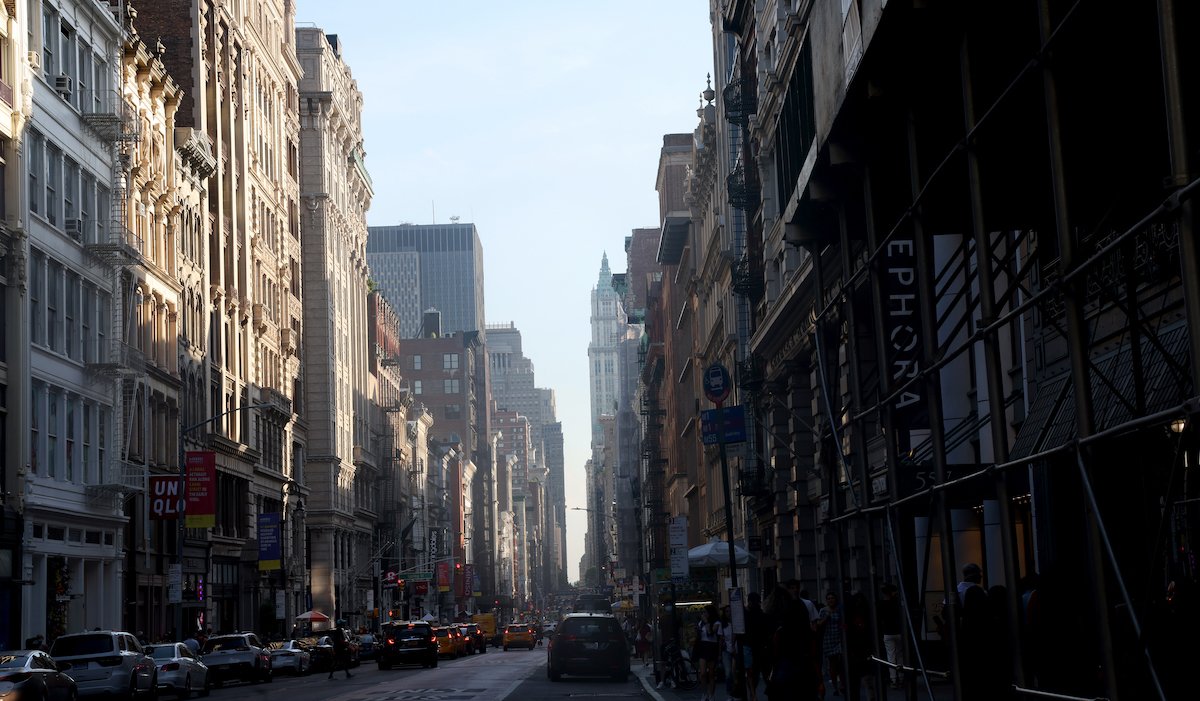
Why it was established: The city’s first iteration of a civilian oversight body came in 1953 and was staffed entirely by deputy police commissioners. The current “all-civilian” Civilian Complaint Review Board was created four decades later. Its powers were expanded after police beat and sexually assaulted Louima Abner outside a nightclub in 1997, sparking national outrage and resulting in the conviction of the officers responsible.
Board type: The Civilian Complaint Review Board is an investigations board. It has the power to subpoena officers and other witnesses, but its recommendations are not binding.
What sets it apart: New York’s Civilian Complaint Review Board oversees the largest police department in the United States, with 36,000 sworn officers. One of the oldest and largest review boards in the nation, it has a $20 million annual budget, 15 members to hear complaints and 42 staff members who facilitate investigations into more than 4,200 allegations of misconduct every year. Yet only a small number of these cases result in disciplinary action for the officers involved.
What works and what doesn’t: The board’s staffing and resources strengthen its ability to investigate misconduct. It’s also one of the most transparent and active oversight bodies in the country, according to the National Association for Civilian Oversight of Police. It routinely posts its findings, meeting minutes and detailed reports on its website.
However, its recommendations often are ignored. According to a report by the New York Civil Liberties Union looking at complaints made to the review board since 2000, police administrators overrode 74 percent of disciplinary rulings by imposing a lesser punishment than was recommended. No discipline was imposed in 67% of substantiated complaints, and just 1% of all cases saw “serious discipline,” such as forfeiting vacation days, suspension, probation or termination.
The Police Benevolent Association of the City of New York, among the most powerful unions in the country, has battled civilian oversight for years, but it recently failed in an attempt to fight the repeal of a law that kept officer disciplinary records from becoming public.
Yojaira Alvarez, the review board’s senior adviser and director of intergovernmental affairs, said the repeal demonstrates that, in spite of union pressure, public support of board members’ work remains strong.
“It goes to show that there is this hunger, this possibility for the public to really stand behind police oversight,” she said.
Phoenix — City v. State
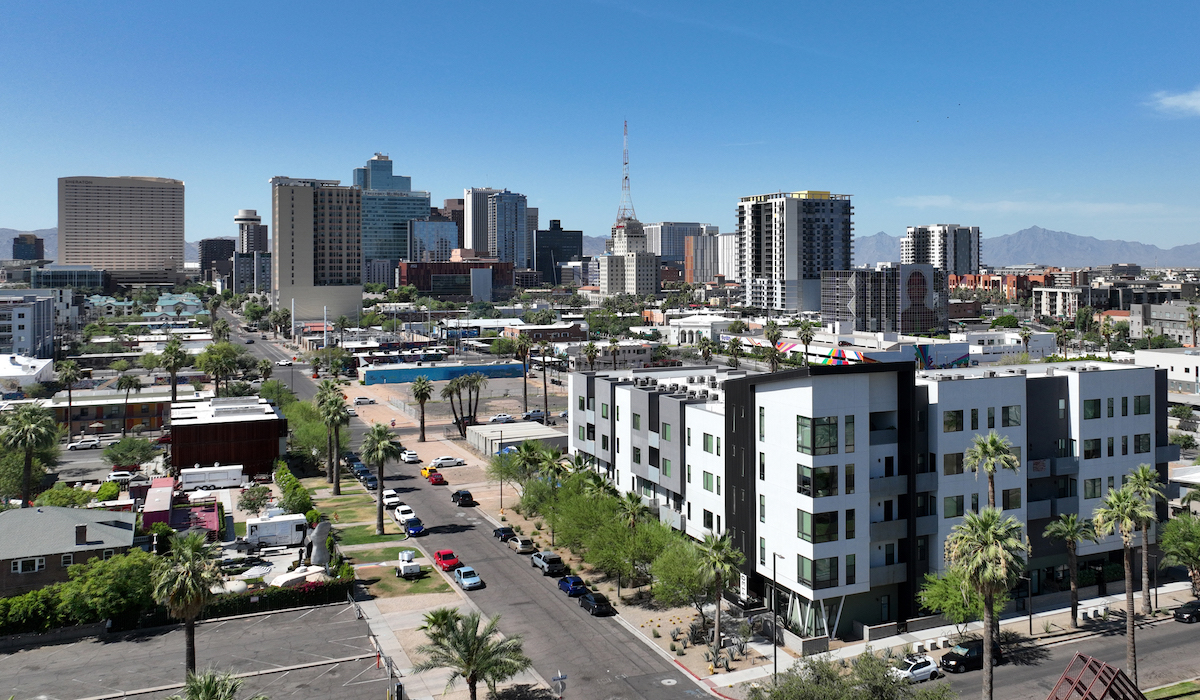
Why it was established: The Office of Accountability and Transparency was approved in February 2020 after years of scandal and accusations leveled against Phoenix police — but a series of budgetary disputes, administrative delays and a lawsuit by the city against the state delayed it going into operation.
Board type: Phoenix’s oversight body is tasked with monitoring investigations into police incidents.
Moves and counter moves: After the Phoenix City Council voted to create a civilian-dominated review board, Arizona’s Republican-led legislature countered by passing laws to restrict the board’s power and the ratio of civilian board members to members from law enforcement.
The controversy: Roger Smith, director of the Office of Accountability and Transparency, said its initial structure, in which civilians dominated the membership, set the office apart.
“The continuing injury to the community that comes after the incident is an investigation that people don’t think is being done properly,” said Smith, who previously oversaw a review board in Cleveland. “It’s the investigations where the unreliable information comes from.”
But the powers of the board were changed before it even got up and running. A 2021 Arizona law would require that law enforcement officials compose a large proportion of oversight boards that investigate alleged police misconduct. Phoenix is suing the state, saying it’s a blatant move to stop the city’s board from operating with civilian oversight.
Joe Clure is head of the Arizona Police Association, a coalition that supports pro-police legislation and policy. Clure said the board’s proposed makeup under the law is on par with oversight boards for other professional organizations, and he sees no reason for police to be an exception.
“If you look at any other professional occupation that has a certification board — whether it’s doctors, lawyers, teachers, cosmetology, you name it — every single one of them is made up of roughly three-quarters practitioners, a quarter community members,” Clure said. “That just makes sense.”











